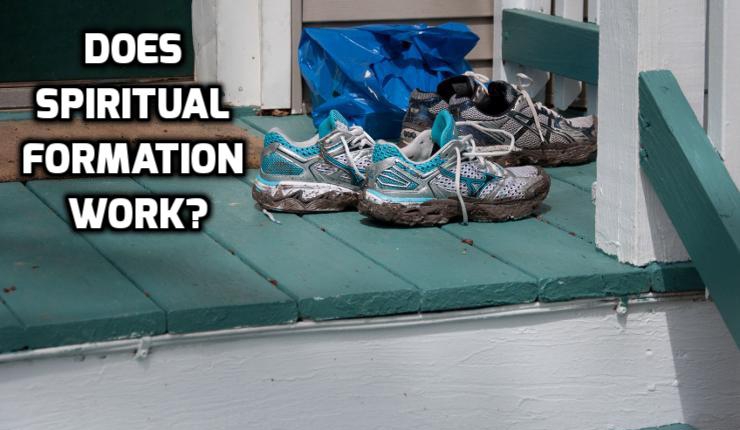
self-control, egkrateia, G1466
Tools and resources you need to do a word study on the Greek word for self-control, egkrateia, G1466.

Tools and resources you need to do a word study on the Greek word for self-control, egkrateia, G1466.

“Spiritual formation” is a hot topic today. But does it work? The Old Testament prophet Haggai would answer no.

A national survey revealed that 42% of pastors considered quitting recently and many already have. There’s no question in my mind that we ask too much of pastors today, but I also think pastors share a bit of the blame. Here’s my solution to the “Great Pastor Resignation.”

Paul argues the Law, which was a deal, does not nullify the promise given to Abraham. In a deal, two parties agree to certain obligations. But a promise is made by one party unconditionally.

Tools and resources you need to do a word study on the biblical Greek word for gentleness, prautés, G4240.

A conference I attended gave each participant this simple and heartwarming “Conference Survival kit” which contained the following items and Scripture.

In Galatians 3, Paul begins a series of five arguments for justification by faith. In the first two, Paul argues from experience and from the plain teaching of Scripture.

Tools and resources you need to do a word study on the Greek word for goodness, agathósuné, G19.

A national survey revealed that 42% of pastors considered quitting and many already have. Here’s how one church avoided that problem.

Galatians 2:11-21: Paul includes rebuking Peter as part of his defense. Paul could rebuke Peter because they had the same view of the gospel. This incident serves two purposes: 1) it furthers Paul’s claim that he and the apostles teach the same gospel; and 2) it introduces this issue of whether gentile believers must keep the law.

Tools and resources you need to do a word study on the Greek word for kindness, chréstotés, G5544.

Most women’s ministries offer a discipleship program at some point. While there is no “one size fits all” model for how to implement discipleship, here are some ideas to help you get started.